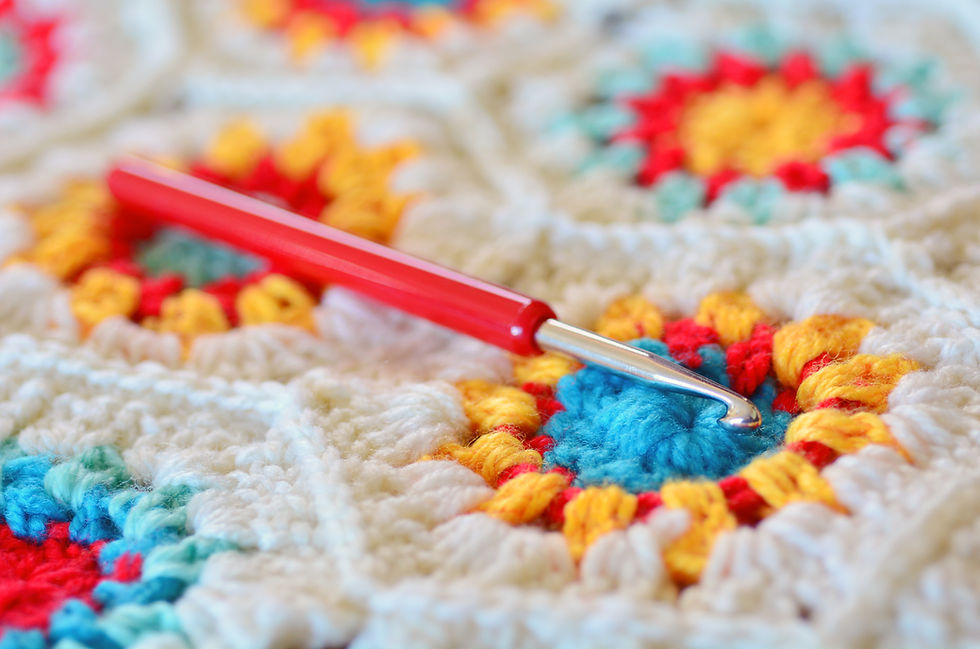I'm dying here - Sofia, 31y
- Kelly Maes
- Dec 1, 2023
- 3 min read
I want to live; yet, I feel like I'm dying here. I don't understand how people can find happiness in this life. They wake up, go to work, come home, eat, and spend the rest of the evening in front of the television. It seems like people live just to work in this country... Everyone is trying to figure it out on their own; there's so little connection. People barely know their neighbors. To me, this lifestyle feels like a slow death. How can anyone be happy with such a life? How can you not feel lonely?
Love brought Sofia from Italy to Belgium 10 years ago. She speaks dutch fluently, and works as a nurse in a nearby hospital. The birth of her daughter, the subsequent divorce and following co-parenting make it difficult for her to return to Italy. She tells me how they make the most of their days until late at night in Italy. How they live at a slower pace, yet their days are so much richer than ours. How they live outdoors, take care for family, neighbors and friends, and how socializing outside of work is a crucial part of their lives. She tells me how she misses the full flavor of the the tomatoes and oranges in Italy.

I get lost in thoughts as I'm being reminded about the time I lived in Rome during my Erasmus exchange year. I had the privilege of experiencing the 'dolce far niente' (sweetness of doing nothing) mentality, even in such a big city. I remember dreaming about living in Italy fulltime because of the suiting rhythm and lifestyle. Despite everything being done at a slower pace, every day did feel like a day well lived. Between 7 and 9 pm, you would meet up with friends outside a bar for 'aperitivo', an Italian tradition where Italians meet to relax over a glass of wine or a light cocktail and finger foods before having diner. The night owl in me loved it, and so did my inner love for slow living.
As she mentions more examples, I realize that my own nostalgia takes over. The moment I started co-parenting, I knew I had to give up on my dream to live in Italy or travel around the world. It took me a couple of years and an intense grieving process to wrap my head around that new reality. At a certain moment, I realized I could lead a rich life in my home country too, or at least find a lifestyle that suited me better than the traditional one. I just had to be open to it, surround myself with people who shared the same vision, and stay true to myself in all the choices I made.
I pulled myself together and focused on her story. As a therapist, it can be challenging when you think you understand what someone means. Sometimes, you get carried away by your own experiences, and it's difficult to realize that someone else's experience is always different.
"The only true wisdom is in knowing you know nothing" Socrates
What is more important in therapy: feeling understood or uncovering the absolute truth (which is offcourse always a subjective matter)? It's a difficult dilemma and something I struggle with from time to time.
Instead of letting my urge to confirm what she says take over, I ask her some questions to arouse my curiosity, broaden the perspective, discover any limited thoughts and fallacies, but especially to return to her story.
It's something we, as therapists, are penalized for. Thinking you know what the other person means is seen as a professional failure. In my perception, it's just something human. Our brains have been trained and programmed for centuries to find similarities with 'the other.' It creates connection, social contact, forming a 'tribe,' a group to which you belong.

I grant myself some kindness, feel grateful that through this session, I was reminded of my time in Italy, and decide to invite some friends to enjoy a 'Belgian' aperitivo that evening.















Comments